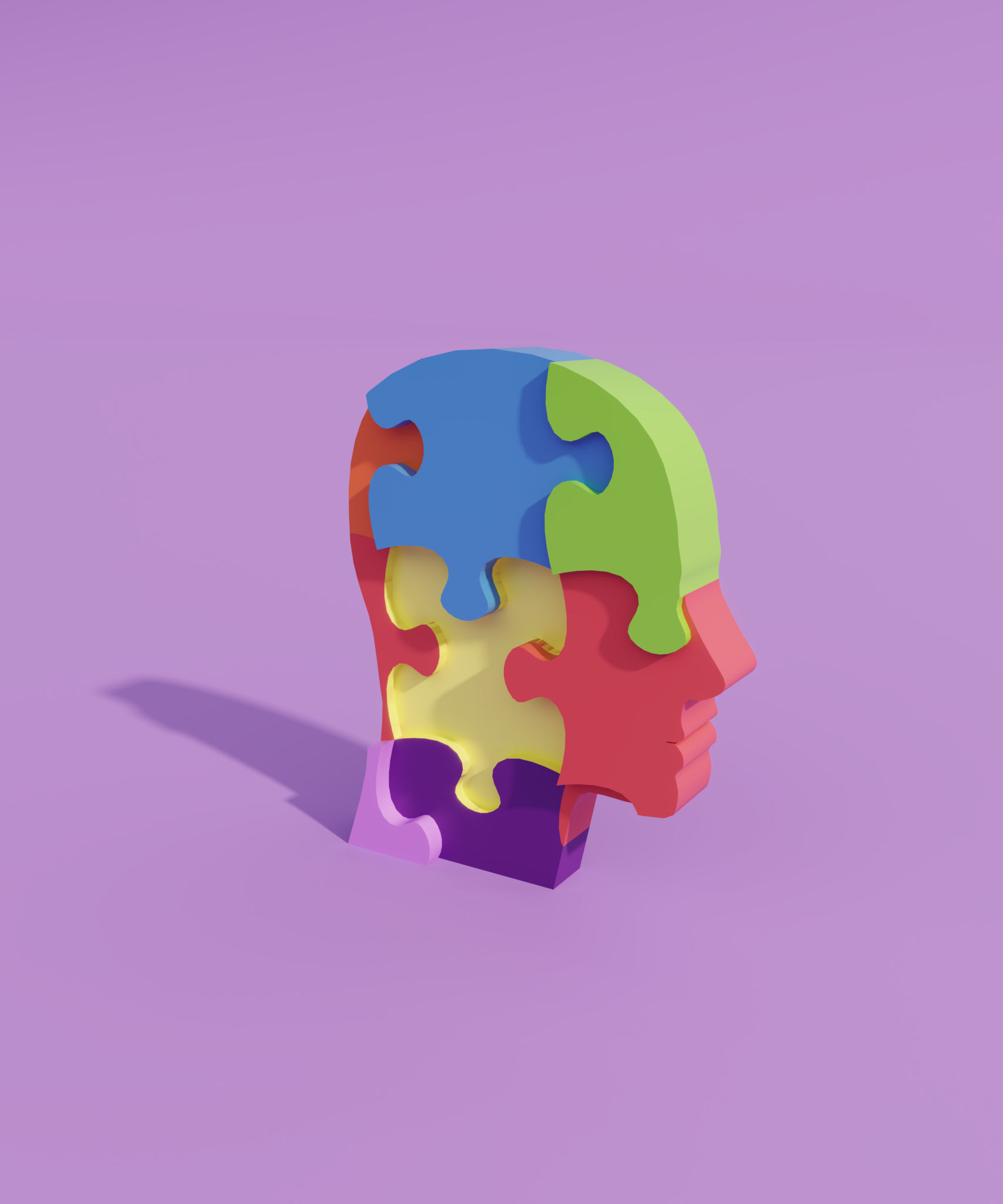AI for Psychologists: Common Misconceptions Debunked
Understanding AI in Psychology
Artificial Intelligence (AI) has shown promising potential in various fields, including psychology. However, the integration of AI into psychological practices often comes with a fair share of misconceptions. It's crucial to address these misunderstandings to leverage AI effectively and ethically in the field of psychology.

AI Will Replace Psychologists
A common misconception is that AI will replace human psychologists. While AI can assist in certain areas, such as data analysis and pattern recognition, the nuanced understanding and empathy that human psychologists provide are irreplaceable. AI serves as a tool to augment the psychologist's abilities rather than replace them. It can handle repetitive tasks, allowing psychologists to focus on more complex cases requiring human intuition and compassion.
AI Can Diagnose Mental Health Conditions
Another myth is that AI can diagnose mental health conditions on its own. While AI can analyze large datasets to identify potential indicators of mental health issues, it cannot make definitive diagnoses without human oversight. The responsibility of diagnosing mental health conditions lies with trained professionals who consider a variety of factors that AI alone cannot assess.

AI Is Free from Bias
Many people believe that AI systems are inherently objective and free from bias. However, AI is only as unbiased as the data it is trained on. If the training data has biases, the AI system may inadvertently perpetuate these biases. It's essential for psychologists utilizing AI to understand this limitation and ensure diverse and representative data is used for training purposes.
The Role of AI in Psychological Research
AI can significantly enhance psychological research by processing vast amounts of data quickly and identifying patterns that might be overlooked by human researchers. This capability allows for more comprehensive studies and the potential for groundbreaking discoveries in understanding human behavior. However, interpreting these patterns still requires expert analysis and contextual understanding.
Ethical Considerations with AI
As with any powerful tool, ethical considerations are paramount when integrating AI into psychology. Issues such as data privacy, informed consent, and the potential for misuse must be addressed. Psychologists must stay informed about ethical guidelines and ensure they are upheld when utilizing AI technologies.

Future Prospects
The future of AI in psychology is promising but requires careful consideration and collaboration between technologists and psychologists. By debunking common misconceptions and focusing on ethical integration, AI can become a valuable ally in enhancing mental health care and research.
In conclusion, while AI offers exciting possibilities for the field of psychology, it's essential to approach these advancements with a clear understanding of their limitations and potential biases. By doing so, psychologists can harness the power of AI to improve outcomes for their clients and advance the field as a whole.
